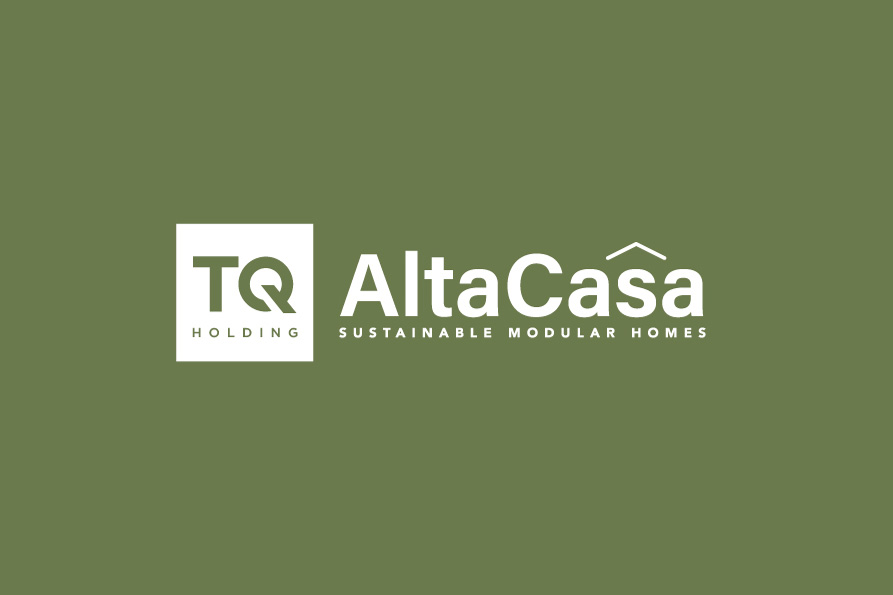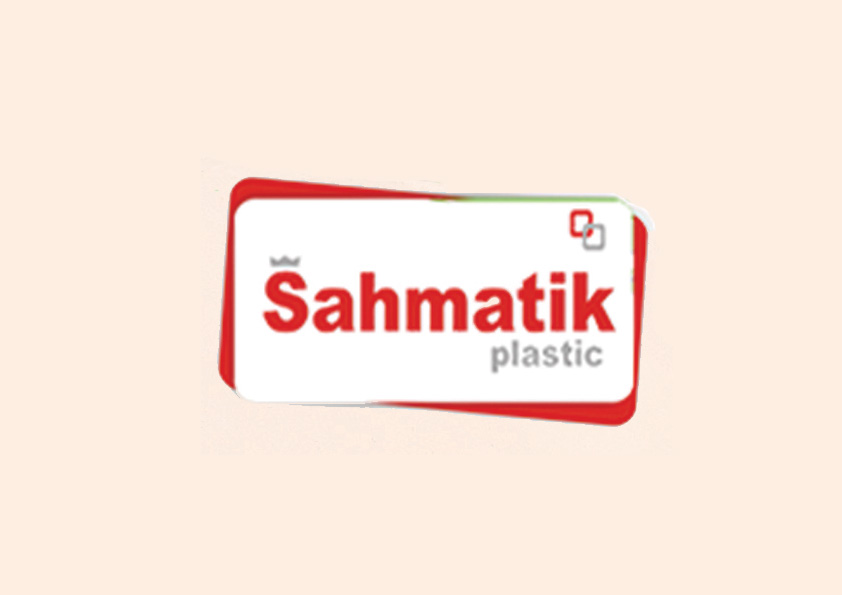
INNDEX – browser for smart phones for cities of Serbia and Bosnia and Herzegovina
29. September 2015.
Foreword to business catalogue 2016 / 2017 – Mr Milan J. Mihajlović
4. January 2017.

- Favorable geographical position in terms of proximity to the EU
- Macroeconomic stability
- Favorable treatment of foreign investors
- Stimulating tax policy
- Positive attitude towards foreign direct investment
- Free access to the markets of Southeast Europe and the EU
- Long tradition of industrial production
- Large number of available industrial zones, attractive locations and manufacturing facilities
- Relatively cheap and well-trained workforce
- Natural resources
- Stable domestic currency is pegged to the euro
- Signed bilateral and trade agreements at the BiH level
Costs of Business
- Costs of business, which are among the most stimulating in the region, are another reason to invest in the Republic of Srpska
- Profit tax rate and personal income tax rate in the Republic of Srpska are calculated at 10% rate, while VAT rate amounts to 17%.
- Total contributions rate on gross salary amounts to 33%. (The adoption of the law, which will further reduce the contribution rate which will amount to 31.6% is in progress.
- Investors are exempt from paying VAT on export of goods and services, investment in equipment and real estate, the import for duty-free warehouses and free zones, the provision of services of general and cultural interest.
- Average net salary is 412€. Nearly 60% of job seekers have secondary or higher education, 30% of which is under the age of 30.
- It is important to emphasize that the Republic of Srpska has the lowest electricity price in the region, an average of € 0.044/kWh in the last three years.
Business Reform
Thanks to business registration reform, one-stop shop registration system was introduced in the Republic of Srpska as of 01.12.2013. Time required for business registration is 3 days, and costs less than 200 € of total costs. The efficient investment is ensured by Law on Public-Private Partnership, Law on Concessions and Company Law.
Favorable treatment of foreign investors
- Foreign investors have the same rights and obligations as domestic investors;
- Rights and benefits enjoyed by investors based on the Law may not be abolished or annulled by entry into force of subsequently adopted laws or subordinate legislation;
- Foreign investors may own real estate in the Republic of Srpska and enjoy the same property rights in regards with real estate as citizens and legal entities of the Republic of Srpska;
- Foreign capital in equipment is exempt from paying import fees and customs duties;
- Foreign investors are free to hire foreigners, in accordance with legal provisions of immigration and labor laws in the Republic of Srpska;
- Law on Income Tax allows the reduction in the tax base for investment in plant and property in the case where they are used for the purpose of manufacturing and processing. The tax base of income tax will be reduced by the amount of tax paid on income and contributions for newly hired workers, at least 30 new employees in a calendar year.
- Foreign investors are protected from the process of nationalization, expropriation, requisition or actions with similar effect; such actions may only be taken in public interest and in accordance with laws in the Republic of Srpska;
- Foreign investors may freely transfer abroad the profit which is the result of their investment in the Republic of Srpska.
- Regulation on Requirements and Manner of Implementation of Employment Support Programe envisages a disbursement of the funds exclusively in the manufacturing sector per newly employed worker in the amount to BAM 3,000 (EUR 1,533) for at least 50 workers employed. These funds are planned in the Republic of Srpska Budget.
More information at: http://www.investsrpska.net/index.aspx?langid=3
ENERGY
The basins of the Trebišnjica River, the Drina River and the Vrbas River are rich in hydropower potential, that is around 10,000 GWh per year, of which 70% is unused. In existing generating facilities, Republic of Srpska generates 5200-5500 GWh per year. Energy Development Strategy of the Republic of Srpska up to 2030 envisages the following:
- The planned investment of BAM 11 billion in the energy sector by 2030 confirms the potential of the Republic of Srpska especially in the electricity generation, both in existing and new plants.
- In the field of renewable energy, a regulatory framework is established providing incentives and implementation of projects that are based on the use of these energy sources. Primarily, that is the untapped hydropower potential of small rivers but also projects based on the use of solar energy, wind, geothermal energy, biomass and the like.
More information at the website of the Ministry of Industry, Energy and Mining of the Repulic of Srpska:http://www.vladars.net/sr-SP-Cyrl/Vlada/Ministarstva/mper/OM/Resori/energ/Pages/Splash.aspx
WOOD INDUSTRY
- 519 companies operate in the wood industry,
- Wood industry has a share of more than 16% in the total processing industry,
- Wood industry employs 8,821 workers or 20% of total number of employees in the processing industry,
- Wood industry generates the highest surplus in foreign trade in the processing industry (export-import ratio was 423% in 2014),
- Over 50% of wood industry production is exported to foreign markets,
- Wood industry generates BAM 391,767,000 or 17% of total exports of the processing industry.
Competitive advantage of this sector:
- Wood industry uses domestic natural resources as raw material,
- Tradition in the wood processing is more than 150 years old,
- Wood industry is an environmentally friendly activity,
- Capacities of the wood industry are located in the wider area of the Republic of Srpska and are present in almost every municipality,
- Favorable geographic position and low transportation costs,
- Competitive labor costs,
- Free capacities, which in a short time can be put into operation.
METAL INDUSTRY
- The biggest exporters from the Republic of Srpska operate in the metal sector – due to the competitive labor price, good geographical location, low transportation costs, as well as significant sources of raw materials.
- 457 companies operate in the metal industry,
- This sector has a share of more than 27% in the total processing industry,
- Metal industry employs 11,458 workers or 27% of total number of employees in the processing industry,
- Metal industry generates BAM 645,041,000 or 28% of total exports of the processing industry.
Competitive advantage of this sector:
- Long tradition in manufacturing,
- Production capacity deployed in the entire territory of the Republic of Srpska,
- Favorable geographical position that allows the deliveries anywhere in Europe within 24 hours,
- The Republic of Srpska has significant basic materials, raw materials and energy for work,
- Quality and availability of highly skilled labor, with competitive labor costs,
- Free access to the markets of Southeast Europe and the EU,
- Free capacities that can be put into operation,
- The biggest exporters of the Republic of Srpska operate in the metal sector.
TEXTILE INDUSTRY
- 160 companies operate in the textile, leather and footwear industry,
- Textile, leather and footwear industry has a share of around 14,0% in the total processing industry,
- Textile, leather and footwear industry employs around 24,0% of total number of employees in the processing industry,
- Textile, leather and footwear industry generates around 21,0% of total exports of the processing industry and generates export surplus.
Competitive advantage of the textile, leather and footwear industry:
- long industrial tradition,
- professional and skilled workforce,
- free access to the markets of Southeast Europe and the EU,
- lower labor costs than in neighboring countries,
- a large unused existing capacity,
- production flexibility and the ability to deliver in the short term,
- support to the sector through the application of smaller base for contributions to employees equal to 25% of the average monthly gross salary in the Republic of Srpska,
- significant unused resources of raw leather and wool in the Republic of Srpska.
More information at the website of the Ministry of Industry, Energy and Mining of the Repulic of Srpska:http://www.vladars.net/sr-SP-Cyrl/Vlada/Ministarstva/mper/OM/Resori/metaln/Pages/Splash.aspx
Zoran Savić
Assistant Minister
Sector for small and medium-sized enterprises development



